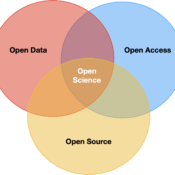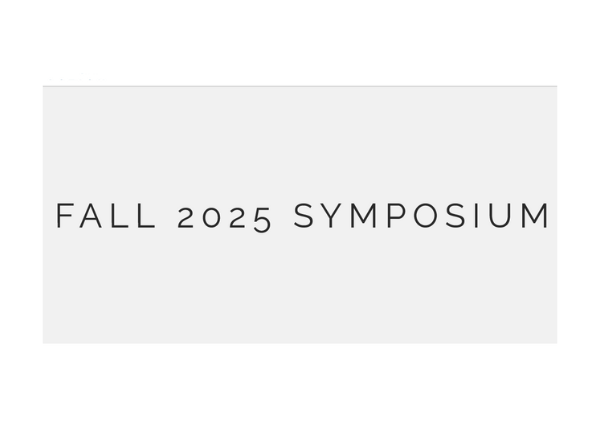What Long COVID Does to the Brain: The Neurological Side of a Lingering Virus
Many people know Long COVIDPersistent symptoms following recovery from acute COVID-19. can cause fatigue or shortness of breath—but did you know it can also affect your brain? From trouble thinking clearly to physical changes in brain structure, research is showing that Long COVIDPersistent symptoms following recovery from acute COVID-19. can have lasting effects on your nervous system. This post breaks down what scientists are discovering about how COVID-19A disease caused by the SARS-CoV-2 virus, leading to respiratory illness. impacts the brain over the long term.
Common Neurological Symptoms
People with Long COVIDPersistent symptoms following recovery from acute COVID-19. often experience symptoms that involve the brain and nervous system. These include:
- Brain Damage (“fog”): Feeling like your thinking is slower, less sharp, or harder to focus. Studies show this is one of the most reported symptoms after mild or severe infection. 1https://www.neurology.org/doi/10.1212/WNL.0000000000208321
- Headaches and dizziness: Persistent head pressure or lightheadedness that wasn’t there before. 2https://www.frontiersin.org/journals/neurology/articles/10.3389/fneur.2024.1465787/full
- Sleep problems: Trouble falling or staying asleep, or waking up feeling unrested. 3https://www.frontiersin.org/journals/neurology/articles/10.3389/fneur.2024.1465787/full
Changes in the Brain Itself
Scientists using brain scans have found that COVID-19A disease caused by the SARS-CoV-2 virus, leading to respiratory illness. can actually change the physical structure of the brain. These changes may explain why people feel mentally foggy or emotionally off even months after infection.
- Loss of gray matter: Areas responsible for memory, smell, and emotion may shrink in size. 4https://www.nature.com/articles/s41591-022-02001-z
- White matter damage: The “wiring” that helps different parts of your brain talk to each other may be affected. 5https://www.nature.com/articles/s41591-022-02001-z
How Does COVID Reach the Brain?
One of the big questions has been: how does a respiratory virus like SARS-CoV-2The virus responsible for the COVID-19 pandemic. end up affecting the brain? Researchers now have some answers.
- Crossing the blood-brain barrier: Normally, your brain is protected by a layer of cells that keep viruses out. But SARS-CoV-2The virus responsible for the COVID-19 pandemic. can disrupt this barrier and get inside. 6https://www.nature.com/articles/s41593-024-01576-9
- Using nanotubes to invade neurons: A recent study found that the virus can hijack microscopic “tunnels” called nanotubes between nerve cells to spread inside the brain. 7https://www.science.org/doi/10.1126/sciadv.abo0171
What Are the Long-Term Neurological Effects?
Even after the virus is gone, some people continue to experience neurological issues. These may include:
- Cognitive decline: Memory and problem-solving may not return to pre-COVID levels. Some researchers say this may resemble early aging of the brain. 8https://www.nature.com/articles/s41591-022-02001-z
- Ongoing brain inflammation: Immune responses in the brain might continue long after the initial infection, which could be behind symptoms like fatigue or depression. Studies have found elevated microglial activation and cytokine presence in Long COVIDPersistent symptoms following recovery from acute COVID-19. patients, suggesting persistent neuroinflammation 9https://www.cell.com/neuron/fulltext/S0896-6273(23)00753-0.
Conclusion
Long COVIDPersistent symptoms following recovery from acute COVID-19. isn’t just about lingering coughs or fatigue—it can change how the brain works and feels. From structural changes to immune disruptions, scientists are beginning to understand the many ways SARS-CoV-2The virus responsible for the COVID-19 pandemic. affects the nervous system. If you’re experiencing neurological symptoms after COVID-19A disease caused by the SARS-CoV-2 virus, leading to respiratory illness., you’re not alone—and there’s growing research to help explain why.













